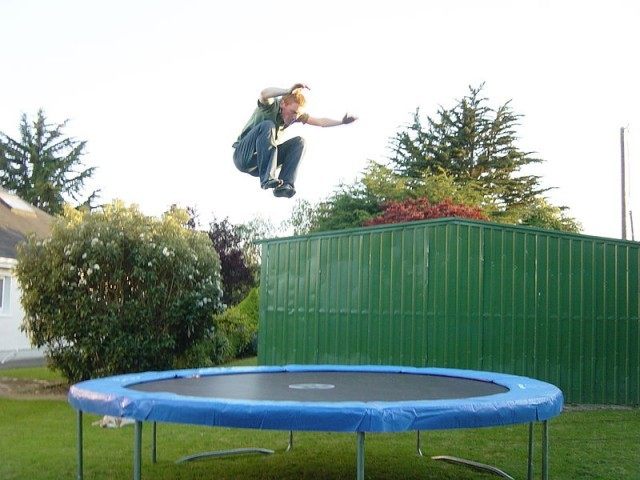An academic whose son was injured while playing rugby has called for the sport to be banned at school.
The government wants the sport, which was named after Rugby school in Warwickshire, to have increased participation to help curb rising levels of obesity and increase competitive sports in schools.
But Professor Allyson Pollock, a lecturer in Public Heath at Queen Mary, University of London, said the plans were “extremely worrying”, the Daily Mail reports.
The medical graduate, who is best known for her opposition to part privatisation of the health service, said not enough was being done to monitor the number of injuries which occurred by rugby participants, something she said is three times more common than in soccer.
Writing in the BMJ Pollock, whose son broke his cheekbone playing rugby at school, said the government had “a duty to protect children from the risks of injury.”
“Rugby union in schools must distinguish itself from the very brutal game practiced by the professionals,” she said, citing statistics that say in the course of a season, 20 per cent have a chance of concussion or bone fracture and one in seven parents have considered withdrawing their child from the game.
And she even said that according to the United Nations Convention on the Rights of the Child, governments have a duty to protect children from risks of injury.
Other injuries include bruises and sprains to fractures, torn ligaments and at worst, concussion and damage to the brain and spinal cord.
But she denied calling for a ban on the sport at school, saying “I’m calling for parents to be given information so they know the risks, and I want to see rugby made safer for children, with an end to scrums and tackles — where nearly all the injuries occur.
“I’d like school rugby to become touch rugby, instead of contact rugby. All injuries should be recorded, and none should be acceptable or seen as ‘an act of God’.”
Her comments were rejected by the sport’s governing body, the Rugby Football Union who pointed out that players are not allowed to tackle or form scrums until they reach the age of 10.
Even then, tackles are minimal and the referee will blow the whistle as soon as the player is brought to the ground.
“We take player safety extremely seriously and this is at the core of all the training we deliver to coaches, referees and medics, at all levels of the game” a spokesman said.
“We believe that rugby is a fantastic sport for children, and the physical and social benefits massively outweigh any potential drawbacks.
“Among the many benefits rugby brings for children is an increase in confidence, self-esteem and self-discipline, as well as getting enjoyable physical exercise while working as part of a team, learning skills which help them in the wider world.
“Teachers frequently comment on notable off pitch improvements when the sport is introduced in their schools.”
According to a US study, the sport which causes the highest number of head injuries overall and in children under 14 is cycling with rugby coming behind basketball (38,394), skateboards,/scooters (23,114), Horse-riding (14,466) and cheer leading (10,223). Even golf, known at best as a walking paced sport with bad jumpers, had nearly double the number of injuries as rugby. In terms of the top 10 sports causing injuries to the under 14s, rugby did not make the list.
Research also shows that the majority of injuries sustained by children between the ages of 5 and 14 occur in playgrounds.

COMMENTS
Please let us know if you're having issues with commenting.